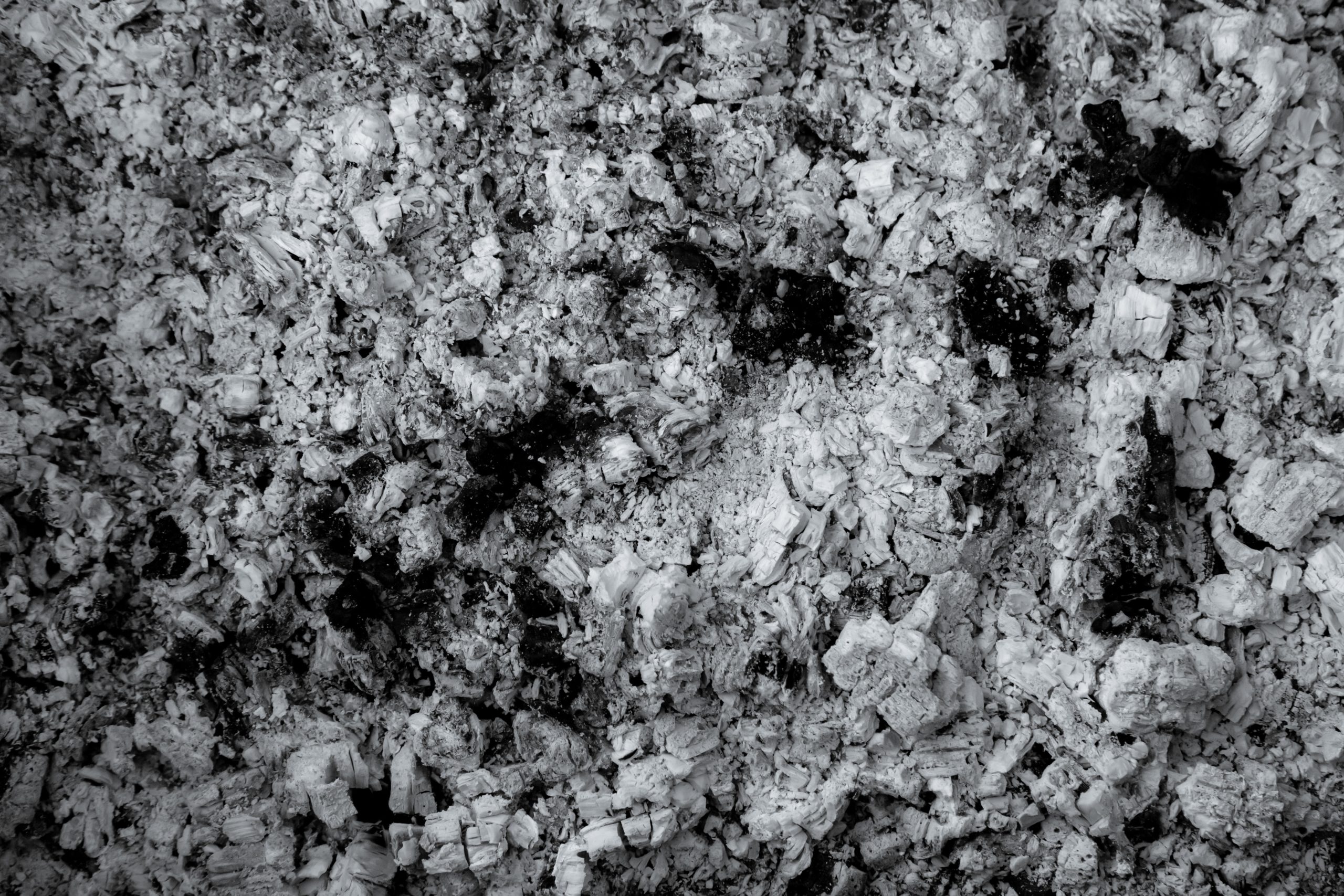In this time of social distancing, I am exceedingly grateful for social media and videoconferencing and other online technologies that allow us to have some human contact without, you know, human contact. Nevertheless, I hope you’re using this time to root down, to connect more fully with the life you actually live in the flesh (and not just on the computer).
I have loved looking out my front window and seeing families and couples and individuals walking and biking and scootering up and down our quiet street. These people have been here all along, but they’ve always had more pressing things to do. Those kids, I imagine, were running from school to sports to chess lessons to violin lessons. Now they’re riding their bikes and scooters.
My wife and I went for a walk a few days ago with our neighbors (we in the left lane, they in the right lane). We’ve lived three houses apart for ten years, and it was the first time we had ever taken a walk together. We found a walking path none of us even knew about. It’s one street over! We saw bluebirds and an American redstart, just back from Mexico. I’ve been saying for a while now that I need to get more serious about my “local life,” since my paying work doesn’t require much in the way of locality. Things have gotten a little more local than I was imagining, but this limiting of scope has been doing good work in me.
Over at The Habit Membership forums, I asked folks what they were doing to redeem the time during their quarantine, and I got some great answers. People are going outside more, writing letters by hand, journaling, home-improving (you should see our closets!), praying, going out on the porch to sing the Doxology with neighbors (who are on their own porches), reading “someday books,” doing crafts and puzzles with their kids.
I’ve been thinking a lot lately about philosopher Albert Borgmann’s idea of “focal practice.” (I was first exposed to focal practices via the book Living Into Focus, by Arthur Boers.) Here’s a helpful summary that I found by Googling, a most un-focal practice:
The term focal practice comes from philosopher Albert Borgmann and refers to human activities that demand skill, patience and attentiveness, and are worthwhile in themselves, not merely in what they produce. Examples of focal practice include tending a fire, preparing a meal, eating together at the dinner table, hiking, learning and playing a musical instrument, woodworking, meditation, gardening, or reading to our children. Such practices are burdensome, but their essence is engagement, not convenience. They are not accomplished instantly or effortlessly. They are commitments, not commodities. In focal practice the means and the ends are united and the human spirit is made whole. (from Paul Keeling’s website)
The convenience and relative frictionlessness of modern life separate us from the physical reality of the world–and from the other people who live there. I am grateful for online banking (and more grateful than ever these days), but I have never made small talk with a stranger or run into an old friend while online banking. Nor has anybody ever given me a lollipop.
While we are social distancing, much of our interaction is necessarily virtual–which is all the more reason for us to double down on our non-virtual, hyper-local lives in the actual world where we live and move and have our being.
To take up a focal practice is to court inconvenience. Learning to play the guitar isn’t nearly as convenient as turning on Spotify. Bird-watching isn’t nearly as convenient as browsing the Audubon Society’s lovely website. Actual letters aren’t nearly as convenient as emails. You have to round up a pen, some stationery, an envelope, a stamp. You have to schlep it out to the mailbox. But has anybody ever written and mailed a friendly letter, and then thought, “I should have sent an email”? More to the point, has anybody ever received a friendly letter and wished it had been an email?
Here’s what Albert Borgmann had to say about embracing certain burdens that are actually avoidable in modern life (I commend the whole interview to you):
Consider, for instance, the burden of preparing a meal and getting everyone to show up at the table and sit down. Or the burden of reading poetry to one another or going for a walk after dinner. Or the burden of letter-writing–gathering our thoughts, setting them down in a way that will be remembered and cherished and perhaps passed on to our grandchildren. These are the activities that have been obliterated by the readily available entertainment offered by TV [this interview was from pre-smartphone days!].
The burdensome part of these activities is actually just the task of getting across a threshold of effort. As soon as you have crossed the threshold, the burden disappears.
Yes, exactly. The burden disappears once you cross some threshold. You don’t feel like exercising. I don’t either. But you’re never sorry you exercised. You’re never sorry you prepared a good meal. You’re never sorry you tended a fire.
What are you doing to redeem the time while you’re cooped up in the house? Send me an email. Also, for those of you who aren’t cooped up in the house but are working harder than ever in the medical field and other essential work–thank you for bearing that burden on our behalf.
Bonus Reading: should you require any further motivation to get outside and pay attention to the natural world, check out this remarkable essay by Nashville writer Margaret Renkl: “The Beautiful World Beside the Broken One.”









Elizabeth Cottrell
Ahhhh, I especially loved this section of your post: “Actual letters aren’t nearly as convenient as emails. You have to round up a pen, some stationery, an envelope, a stamp. You have to schlep it out to the mailbox. But has anybody ever written and mailed a friendly letter, and then thought, “I should have sent an email”? More to the point, has anybody ever received a friendly letter and wished it had been an email?” I am heading over to share it with my FB group “The Art of the Heartspoken Note.”
And then I’m heading over to the forum to connect in this wonderful community you have created. Thank you for being such a great balance of heart and head.